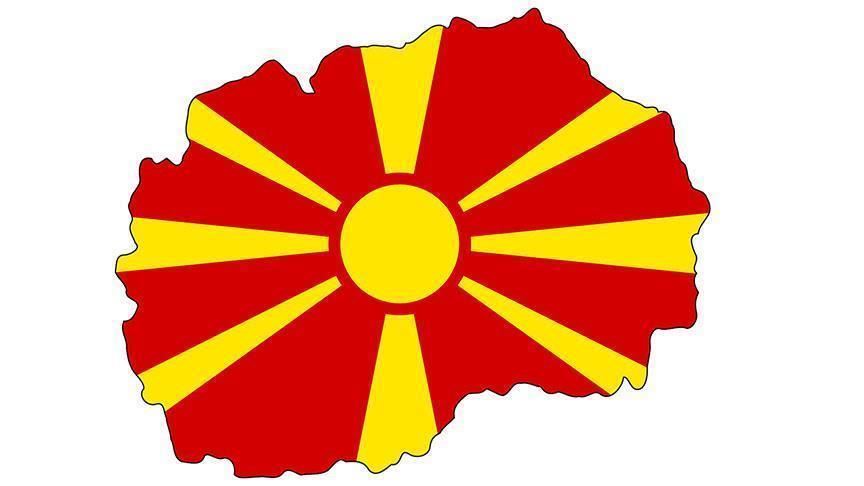
BELGRADE, Serbia
North Macedonia on Monday marked the anniversary of its historic referendum on resolving the name dispute with Greece.
Formerly known as Macedonia, the country has changed its official name to North Macedonia following 22 years of dispute with Greece in order to move forward with its Euro-Atlantic integration.
The referendum was considered as the country’s “second independence”.
Macedonia’s international recognition was finalized in April 1993 when the country was unanimously adopted as a UN member at the United Nations General Assembly but was admitted as the Former Yugoslav Republic of Macedonia (FYROM) by an appeal from Greece.
Macedonia has not been able to become a member of the EU or NATO since its independence in 1991 due to the name problem with its southern neighbor Greece.
Greece, both a NATO and EU member, has long opposed Macedonia’s official name, as it has a province named Macedonia in the country’s north.
Resolving the name issue with Greece was one of the first conditions for opening the path to membership of the EU and NATO, the primary goal of Macedonia since its independence.
The referendum followed the signing of the Prespa Agreement in June 2018 by the Macedonian and Greek governments, which requires Macedonia to change its name to the Republic of North Macedonia, and Greece to drop its objection to the country joining NATO and becoming an EU member.
“Are you in favor of NATO and EU membership, and accepting the name agreement between the Republic of Macedonia and Greece?,” the voters were asked in the referendum.
A little over 1.8 million voters have the right to vote in the referendum, according to the Macedonian State Election Commission.
In order for the referendum to be considered valid, more than half of this number, or some 903,000, should vote.
Although the voter turnout was 36,91%, and the result of the referendum on Sept. 30, 2018 was not binding, the government said the will of citizens in this referendum will be considered as binding.
During the referendum, 91.46% of the voters said “yes” and it was considered as a “successful” referendum by the West.
Following the referendum, two-thirds or 80 of the 120 members of parliament in Macedonia voted in favor of the proposal.
Prespa Agreement entered into force
In Macedonia, the government announced that the Prespa Agreement entered into force on Feb. 12, 2019, and that further implementation of the agreement, including the renaming of official institutions, was underway.
As the agreement entered into force, the country has begun using its new name, North Macedonia.
Since then, there have been historical developments in bilateral relations.
First, Greek Prime Minister Aleksis Chipras visited North Macedonia this April, which marked the first visit by a Greek prime minister to North Macedonia.
The two prime ministers described the meeting as a “historic landmark” and “a historic step for Europe and the region”.
During the same visit, the two countries have signed a memorandum of understanding (MoU) for the opening of a new border crossing at Promachoi and Majden. The MoU aimed to strengthen the communication, tourism and trade between the two countries.
Then in May, the foreign ministries exchanged notes and reported that they raised the level of liaison offices in Athens and Skopje to the embassy level. This was the beginning of a new era in bilateral diplomatic relations.
Although the government in Greece changed after the early general elections in July, there was no significant change in the implementation of the agreement.
NATO door opens for N Macedonia
Following the resolution of the name issue, the gateway to North Macedonia’s NATO membership was opened.
In July 2018, North Macedonia received an invitation from NATO to begin accession negotiations.
This February, NATO member states signed North Macedonia’s accession protocol. To complete the membership, the protocol must be adopted in the parliaments of NATO member countries.
Talat Xhaferi, North Macedonia Parliament Speaker, said in early September that the protocol was adopted by 21 countries and the process continues in 4 countries.
N. Macedonia is expected to become a full member of NATO by the end of this year, government officials said.
In relation to the opening of the EU accession talks, senior European officials say the decision could be made in October.





